Jamaica encountered severe weather, resulting in a reduction of coffee production by about 25%. The Jamaican government plans to provide financial support.
Jamaican Blue Mountain coffee is renowned as the best of coffee. During the heyday of Blue Mountain coffee, due to its rarity, high quality, and unique flavor, it is a treasure that coffee lovers eagerly pursue.
However, recently, according to the report of CCTV Finance and Economics, currently, the local new season coffee beans are in the picking period, and about 30% have been harvested so far. However, recently, Jamaica has encountered extreme weather and other influences, and the output in the main producing areas is not optimistic. According to estimates, the output of coffee beans this year will be 25% less compared to the same period last year.
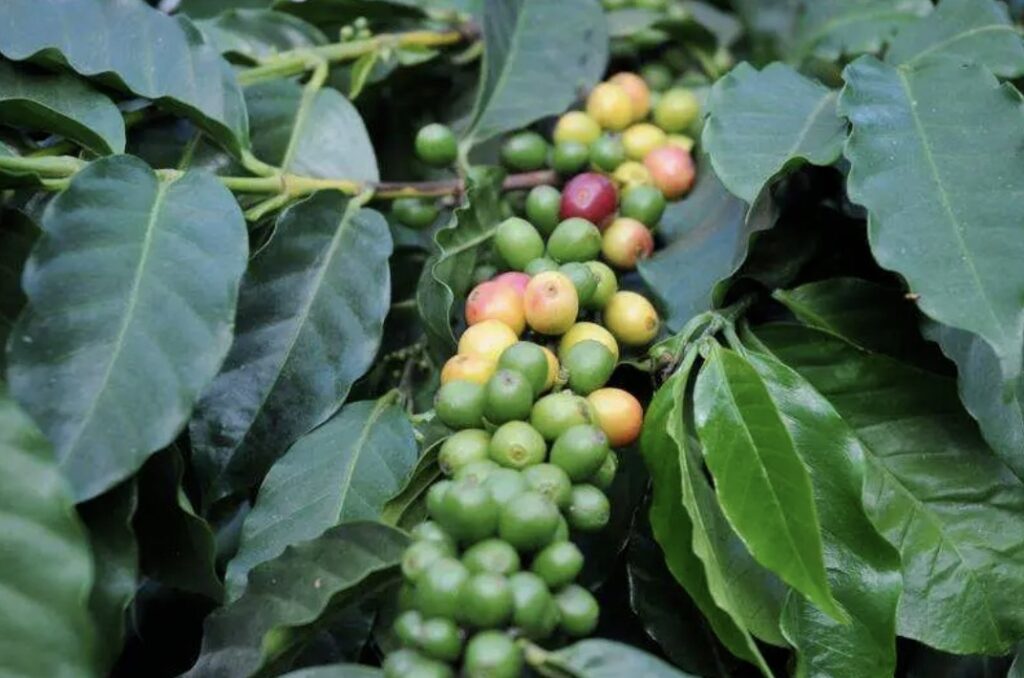
It is understood that the surrounding mountainous areas of the Marviss Bang town are an important base for growing Jamaican Blue Mountain coffee beans. However, in recent months, this area has suffered from heavy rain weather and earthquakes, resulting in loose soil, and many landslides and landslides in the mountainous area, which has seriously affected the local coffee planting and harvesting. Therefore, the chairman of the Jamaican Agricultural Association said that this has caused huge losses. In the Blue Mountain area, climate change is a matter of great concern for them, and road conditions and infrastructure are also issues that need to be paid great attention to.
Moreover, currently in the Jamaican Blue Mountain coffee producing area, it takes 8 to 10 months from the coffee tree’s blooming and pollination to the ripening of the coffee beans, and the growing conditions are very demanding. Because the bean variety is relatively fragile and is easily affected by diseases and pests. Moreover, for many years, the coffee beans on Blue Mountain have always been picked manually, which can effectively collect the mature red cherry fruits and can avoid the problem of mixing unripe or overripe fruits during mechanical harvesting. However, many coffee plantations on Blue Mountain are not connected by roads, and the picking and handling operations can only rely on workers to walk back and forth along the rugged trails. Therefore, under the influence of the recent heavy rain weather, the roads up the mountain have been damaged by landslides and landslides, affecting the harvesting situation.
In addition, due to the presence of rainy weather, earlier, the coffee trees were affected during the blooming and fruiting seasons. Heavy rain will knock down flowers and fruits, ultimately resulting in a reduction in yield. According to statistics, the current loss has reached 50,000 barrels of 32-kilogram coffee beans.
However, the Minister of Agriculture and Fisheries in Jamaica announced earlier at the Jamaican Blue Mountain Coffee Festival that the Crop Recovery and Establishment Program (CREP) will be implemented starting from the Jamaican fiscal year (the fiscal year is from April 1 of each year to March 31 of the following year), which will benefit more than 5,000 coffee farmers in Jamaica and also promote the production and export of coffee.
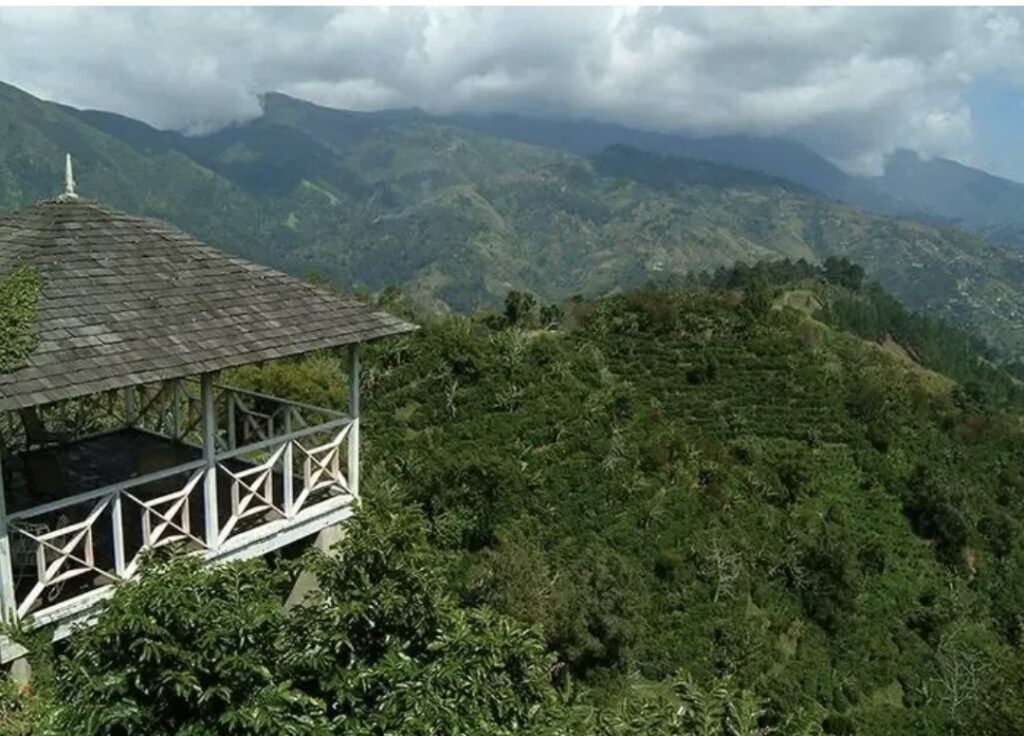
This CREP plan will invest tens of billions of dollars, involving strengthening and establishing coffee gardens, and re-planting coffee plants within 5 years to produce Jamaican Blue Mountain varieties and alpine varieties. In addition, farmers will be trained to increase their productivity and try to attract new investors and young people to join the industry. The ultimate goal is to increase productivity and reach an annual production of 450,000 barrels of 32-kilogram coffee beans per barrel.
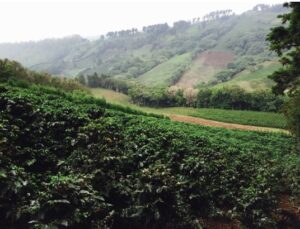
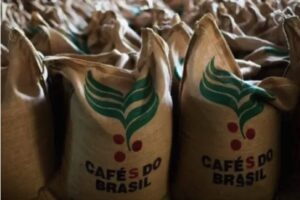
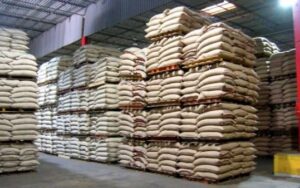
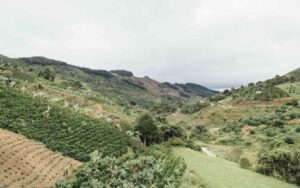
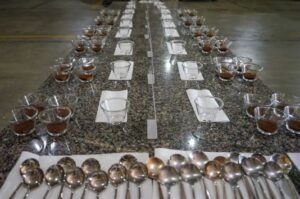

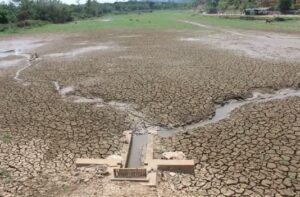
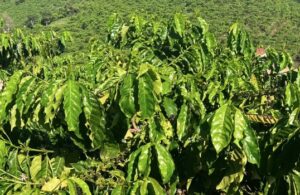
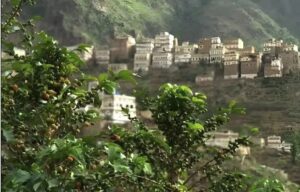

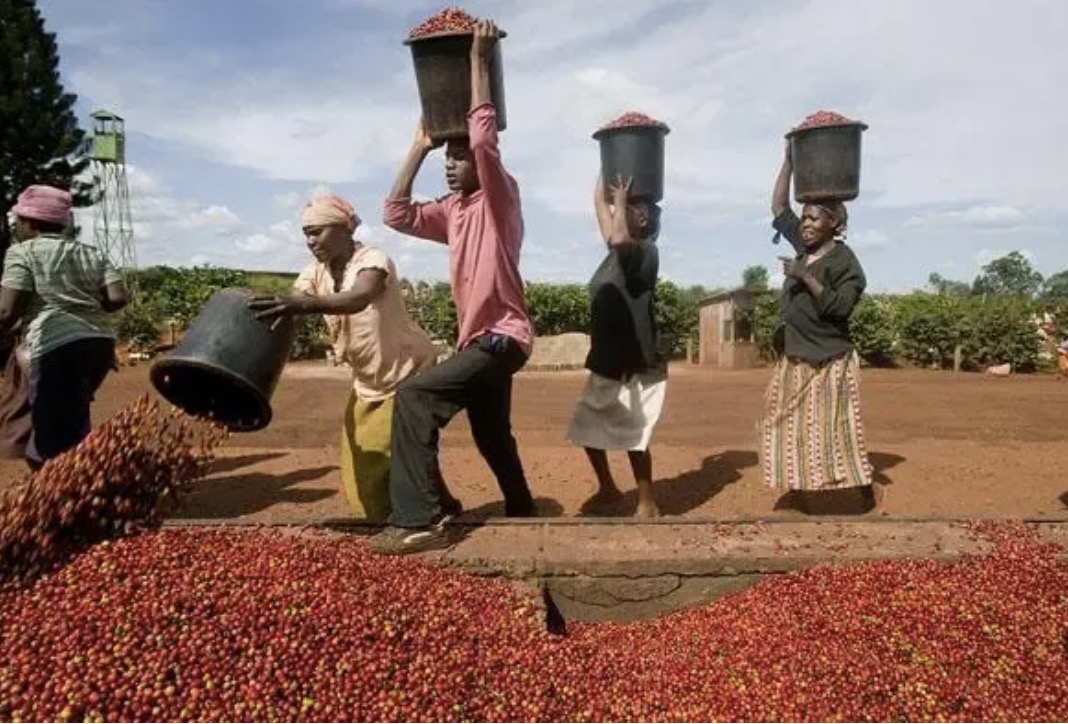


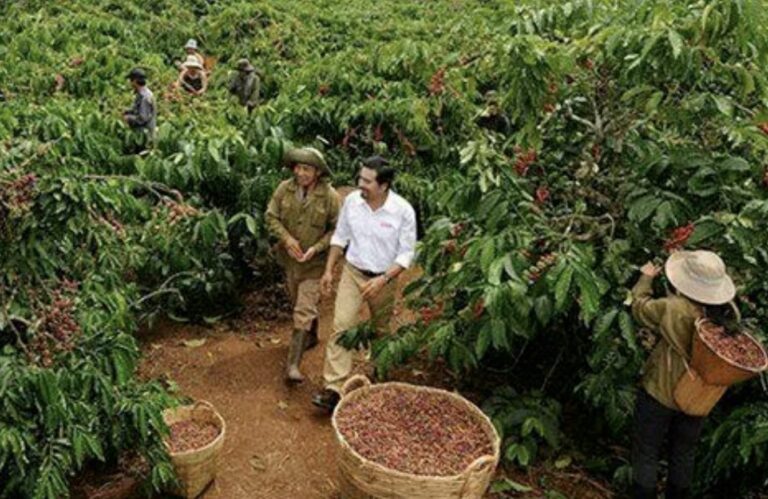
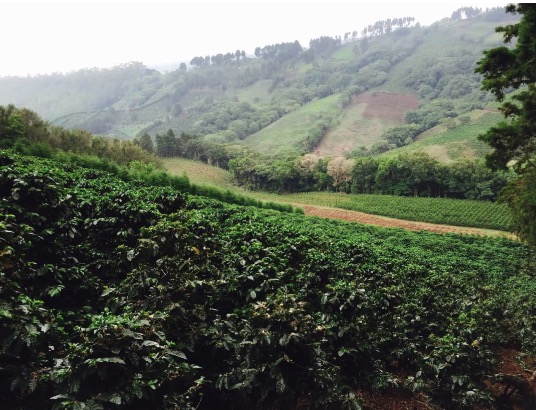
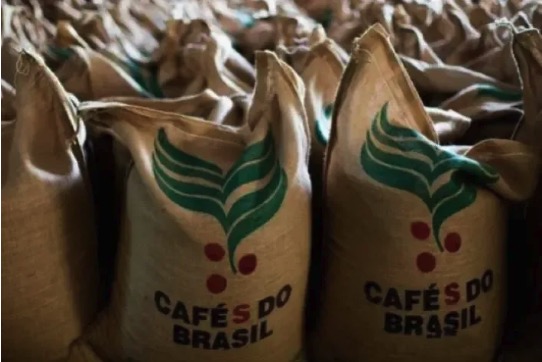
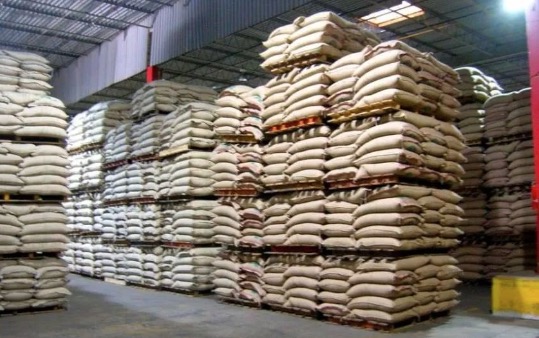
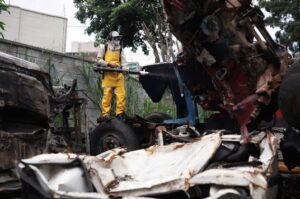
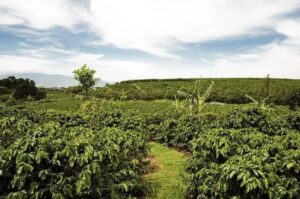
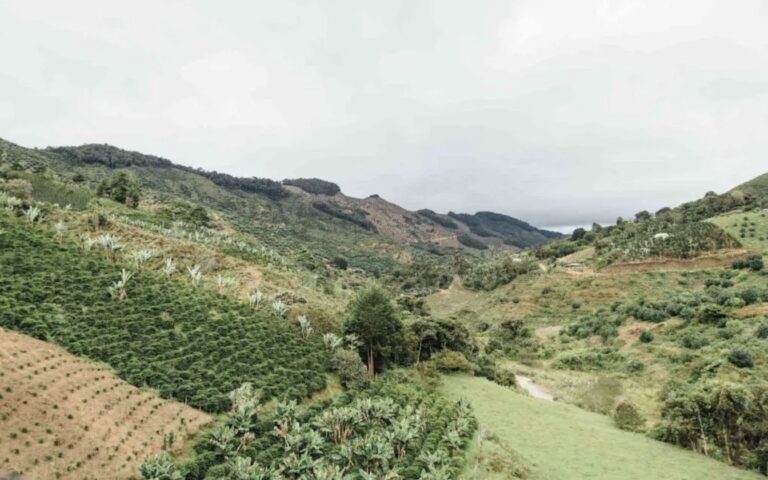
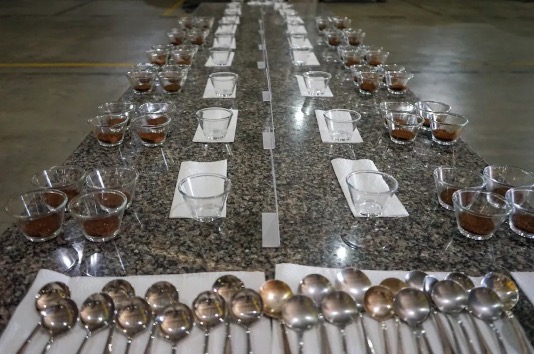
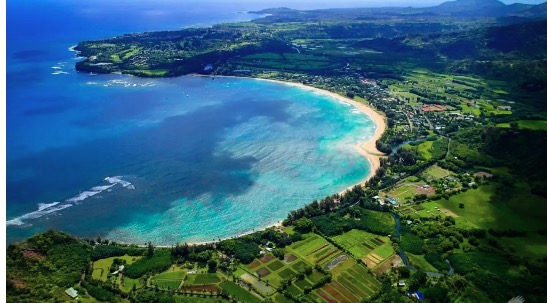
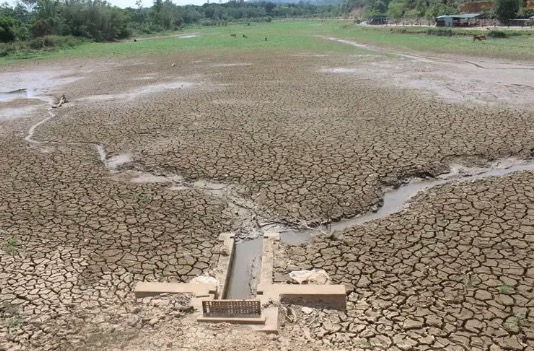
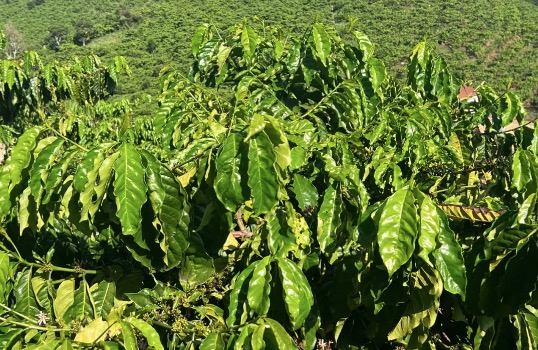
+ There are no comments
Add yours